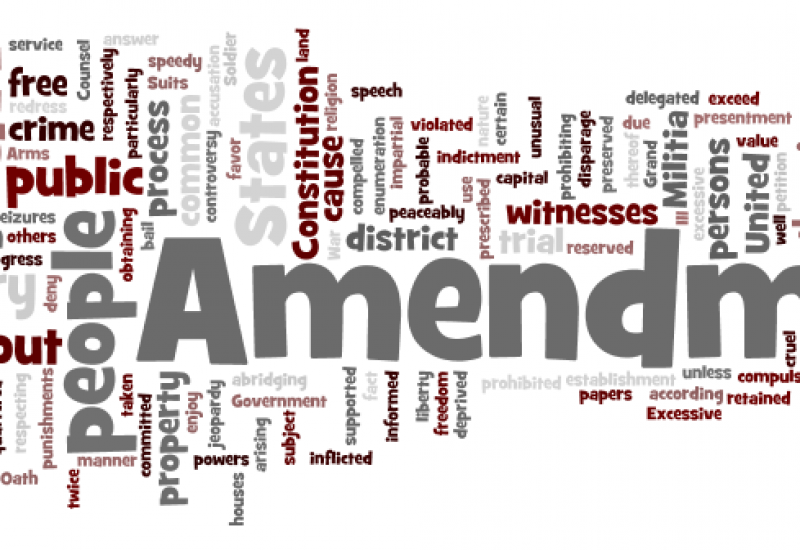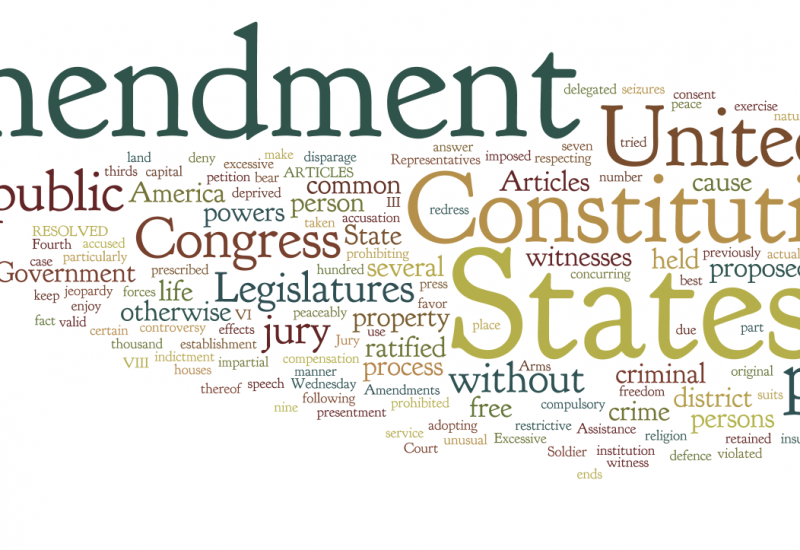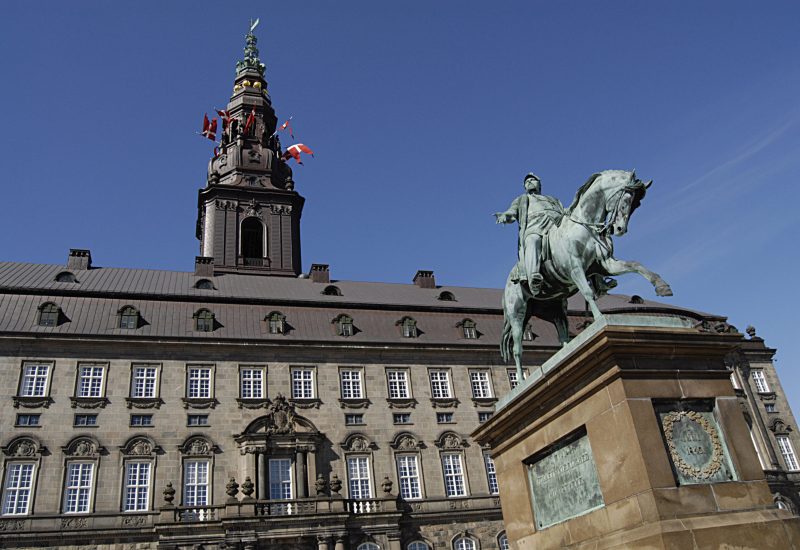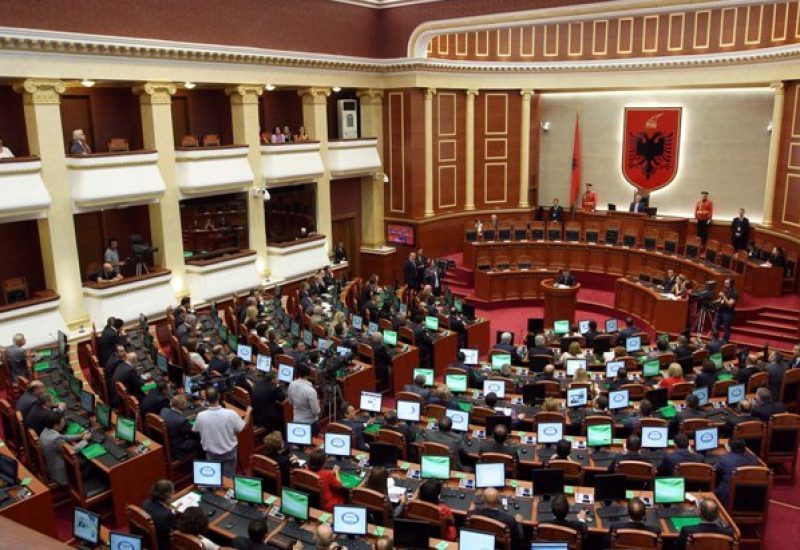- September 29, 2014
- 11:21 am
- Constitutional Change
by Michèle Finck
In studies of constitutional law in general and constitutional change in particular, the focus often lies on the national level. With the exception of a number of decentralized States, constitutions are national documents, sometimes even playing a unifying role in otherwise diverse countries. Constitutions being national documents, the assumption that constitutional change is a centralized process comes naturally. A number of processes that lead to constitutional change indeed occur on a national scale, such as debates in the context of a national convention or a decision of a national constitutional court.









